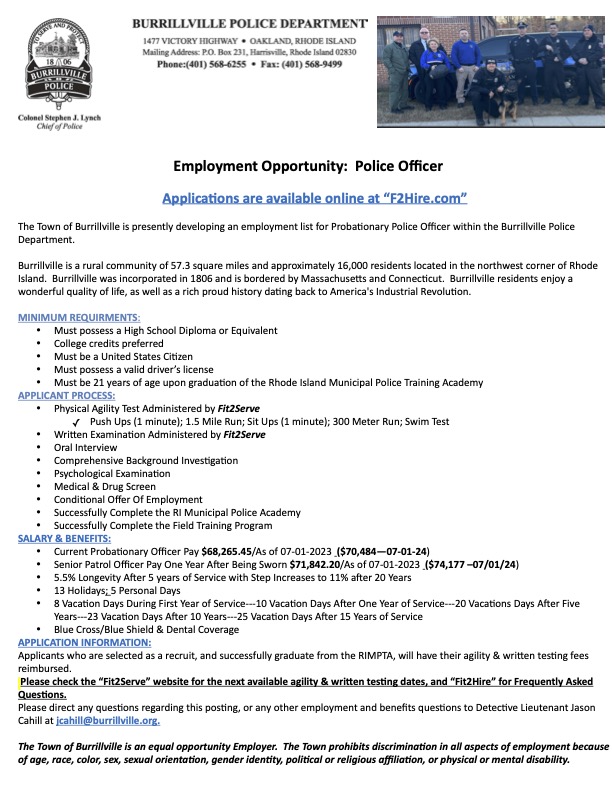PROVIDENCE – The impact inflation is having on full service meal prices, compounded with the state’s meal and beverage tax, may disincentivize patrons from dining out – on top of the recent transportation hurdles Rhode Islanders are facing with the Washington Bridge closure, notes Rep. Brian Rea. Rea noted that the circumstances are hurting businesses as well as local economies.
Rea, a Republican representing District 53 in Glocester and Smithfield, has sponsored a sunset bill for the Rhode Island meal and beverage tax. H 7675 would implement incremental decreases to the tax rate until it is eliminated, giving municipalities time to adjust to the reduction in revenues. The bill authorizes an annual 0.25 percent reduction of the local meals and beverage tax effective January 1, 2025 and ending January 1, 2029.

Local meals and beverage taxes are imposed on all prepared foods sold in the state and are administered and collected by the Rhode Island Division of Taxation. Currently, the rate is 1 percent on a business’s taxable food sales gross receipts, which is levied on top of the state’s 7 percent sales tax, and is filed monthly, which Rea noted creates an extra burden on small business owners in the food industry.
“When patrons go to a restaurant in Rhode Island, they are paying 8 percent on their tab,” noted a release on the bill. “Though this may not sound like much, Rhode Island, along with the rest of the U.S., is currently facing exceptionally high inflation, with prices of food items alone increasing consecutively for the past two months and food away from home prices increasing year-over-year by 6 percent. Full service meals have increased in price by approximately 5.1 percent year-over-year.”
Rea noted that diners in Massachusetts pay a 7 percent tax and in Connecticut pay 7.35 percent, compared to RI’s 8.
“With extreme increases in food costs, the recent overall inflationary burdens placed on Rhode Islanders, and the large percentage of employees supported in our food industry, removing the food and beverage tax in Rhode Island is not only responsible, but I would say, necessary,” said Rea. “The hospitality industry is still feeling the ramifications from the pandemic. We need this industry to be robust, especially in sustaining our local economies.”







